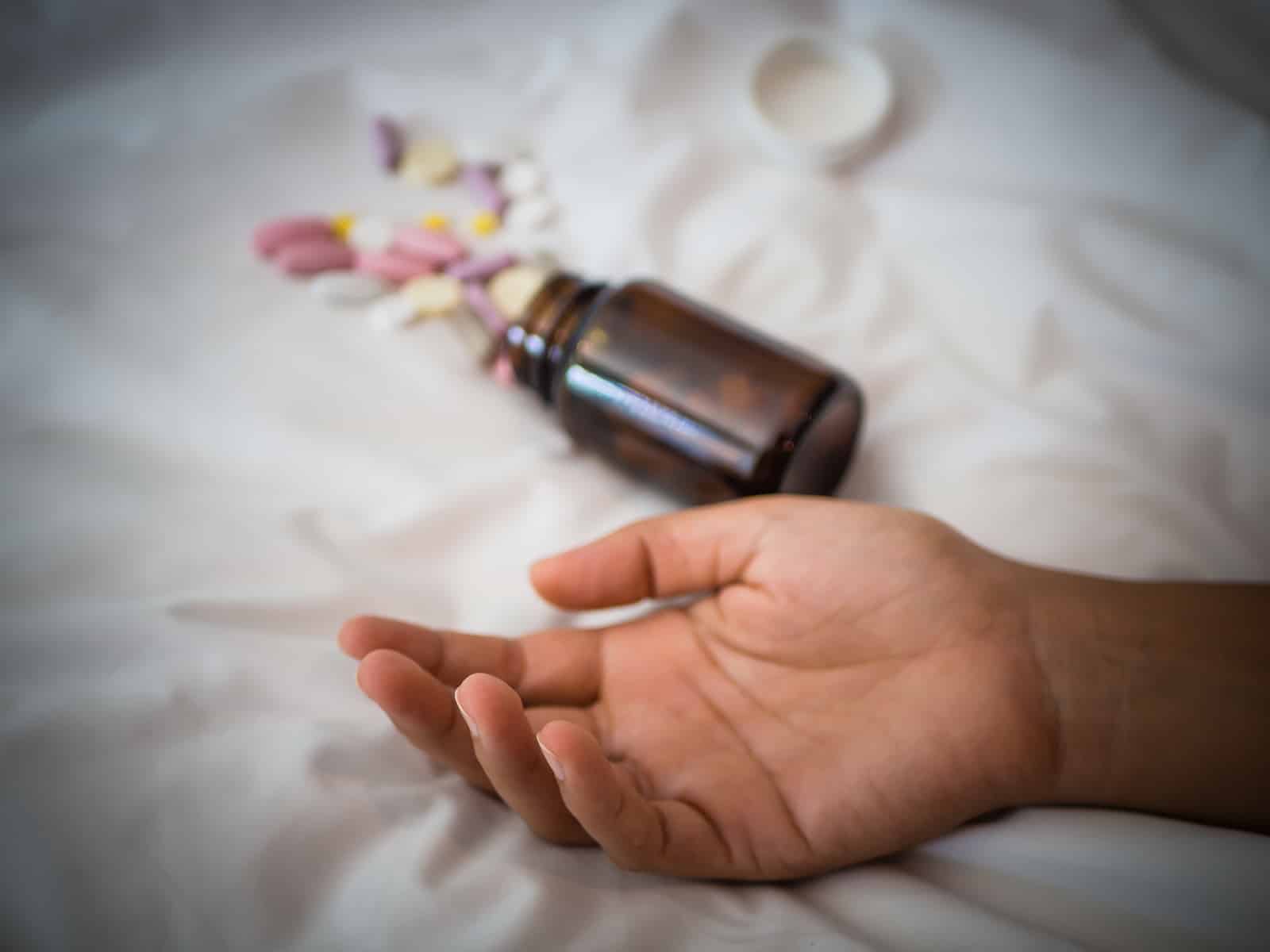Caution should always be taken when using prescription opioid medications. Opioids are most often prescribed for pain relief but can also be used to suppress a cough and for other reasons. Examples include Vicodin, OxyContin, Dilaudid, and Percocet. Opioid warnings and opioid precautions are listed on the label or insert that accompanies prescription painkillers.
It spells out risks, including overdose and gives guidelines for avoiding it. Opioid overdose can be fatal so it’s important to take these medications exactly as prescribed. Patients who overdose on opioids almost always do so accidentally but an overdose can also be intentional in nature.
Patients should be aware of opioid overdose symptoms so emergency medical attention can be sought if they develop. Opioids are central nervous system depressants. They slow respiration which can lead to serious health complications including cardiac arrest, coma, and death.
Opioid Overdose: Signs and Possible Medical Treatments
Opioids can be a useful tool in pain management, used safely and effectively for many. Some people begin to escalate use once a tolerance to the medication builds up. This can result in misuse or abuse among those who become desperate for pain relief. Some people use opioids recreationally to achieve a state of euphoria.
The risk of fatal overdose is high among this group, especially those people who combine opioids with other substances to heighten effects. Symptoms of overdose can include dizziness, faintness, nausea, vomiting, cold and clammy skin, slowed heart rate, difficulty breathing and convulsions. It’s important to seek emergency medical help immediately if you feel you’ve taken too much of an opioid. Waiting too long can prove fatal.
If the overdose is recent, doctors may induce vomiting, pump the stomach or use activated charcoal so the body doesn’t absorb the drug. An antidote may also be given to counteract the effects of an opioid overdose.
Medical Detox Can Get You Free of Opioids in No Time
Misuse of opioids can lead to unintentional overdose. If you feel your use of opioids has become unmanageable or it’s escalated beyond your control, you may benefit from a professional opioid detox. Waismann Method’s medical detox, based on science, is performed in an accredited hospital and takes less than two hours.
We use intravenous medicine to cleanse opioids from patients’ receptors while they are under deep sedation administered by board-certified anesthesiologists. The withdrawal phase is accelerated and occurs while patients are sedated. They awake opiate-free without awareness of withdrawal symptoms that occurred.
Patients are obligated to stay in the hospital no longer than 2 to 4 days. This time includes pre-testing to rule out possible underlying conditions, the opioid detox procedure, and post-monitoring. Our thorough and effective detox is also completely discreet. Our optional aftercare program is offered through our Domus Retreat transitional living facility. Therapeutic and holistic treatments such as massage and biofeedback help guests relax, regroup and focus on long-term recovery.
















